Hybrid Multicloud - The De Facto Industry Standard
By MYBRANDBOOK

Mitish Chitnavis
Chief Technology Officer - iValue Group
In 2019, the world generated 4.4 zettabytes of data. In one year, it increased tenfold to 44 zettabytes, and by 2025, it is expected to hit 200 zettabytes.
We are truly in the midst of a data explosion, and a surge in organizational data, through factors like digitization and the adoption of data-heavy tech like AI, ML, and IoT. Tech spending in India is projected to outpace economic growth by a factor of two, driven by the need for stronger digital capabilities, according to a recent IDC survey. Therefore, adding flexibility and scalability to legacy systems has become the need of the hour for data-driven organizations.
Cloud computing has become a popular option in recent times. Over 60% of all corporate data is already in the cloud, and half of the 200 zettabytes of global data to be generated by next year is expected to reside there. Yet, it is not without its risks. 45% of all breaches are cloud-based, as organizations struggle to get acclimated with various providers.
Moreover, there is a notion that legacy mainframe systems have become outdated in today’s dynamic environment. On the contrary, they have kept pace and continue to drive a significant portion of mission-critical workloads for big businesses.
Therefore, moving forward, the sensible approach for organizations is to maintain the best aspects of the systems they have built over time and incorporate cloud services where and when it makes sense in their data landscape.
A recent Enterprise Cloud Index survey by Nutanix found that hybrid multicloud infrastructure deployments are fast becoming the de facto standard, with 90% of respondents taking a ‘cloud smart’ approach & leveraging the best environment for their applications, whether it is a data centre, the cloud, or the edge.
So, what is a hybrid multicloud? Unlike the many complicated terms and acronyms floating around in the data-driven world, this is relatively simple if you break it down.
Hybrid —> Something composed of multiple other things
+
Multicloud —> Using more than one cloud computing service
=
Hybrid Multicloud —> An IT infrastructure that uses a mix of on-premises systems and private/public cloud from multiple providers
It is quickly becoming an executive priority, with nearly half of the respondents in Nutanix’s ECI noting that implementing hybrid IT is a top priority for their CIO. The move is already on, with 95% of organizations moving applications from one environment to another over the past year, with security & innovation being the top drivers for this.
In fact, there are several drivers behind companies increasingly adopting this technology:
Yet, the adoption process is not without its set of challenges, the key one being that there is no real prescriptive roadmap for success when it comes to hybrid multicloud. Each model will vary depending on factors such as the organization’s size, industry, data profile, and compliance requirements. Thus, individual applications and workloads need to be addressed on a tailored basis.
It is important to realize that adopting hybrid multicloud, like most new technology, comes with its own set of risks like Potential Lack of Interoperability; Avoiding Downtime and Cost Considerations.
Therefore, your goal shouldn’t just be to get a hybrid multicloud. It should be to get a unified hybrid multicloud with a common cloud operating model across all environments, whether it be on-premises & hosted private cloud, public & service provider cloud or edge locations. Here are some ways to achieve that:
Hyperconverged Infrastructure: Containerization packages software into containers that contain all the necessary elements to run an OS virtually across any IT environment in the multicloud sphere.
Unified Control Dashboards: A single layer extending across all the cloud environments can give you complete visibility and control of your entire infrastructure.
Stringent Security: Most breaches have a human element involved, so adding top-of-the-line security strategies like zero trust to your hybrid multicloud is key to safeguarding all your digital assets.
Hybrid Multicloud Platform-as-a-Service: The whole industry is suffering from an overall dearth of cybersecurity talent, so choosing a managed services provider to take care of your hybrid multicloud could be a great option for certain organizations that don’t want to overprovision their in-house cloud resources.
Any of these measures could help you develop a fully optimized hybrid multicloud, the benefits of which are multifold - Enhanced Security; Granularized Control; Total Portability; Reliable Business Recovery and Accommodation of Seasonal Activity.
Overall, we believe hybrid multicloud is the future of your organization’s IT infrastructure. It may sound exhaustive, but the right partner can streamline it all for you, and strategic partnerships with industry leaders like Nutanix and Google Cloud Platform make iValue Group your ideal partner in going hybrid multicloud.


Nazara and ONDC set to transform in-game monetization with ‘
Nazara Technologies has teamed up with the Open Network for Digital Comme...

Jio Platforms and NICSI to offer cloud services to government
In a collaborative initiative, the National Informatics Centre Services In...
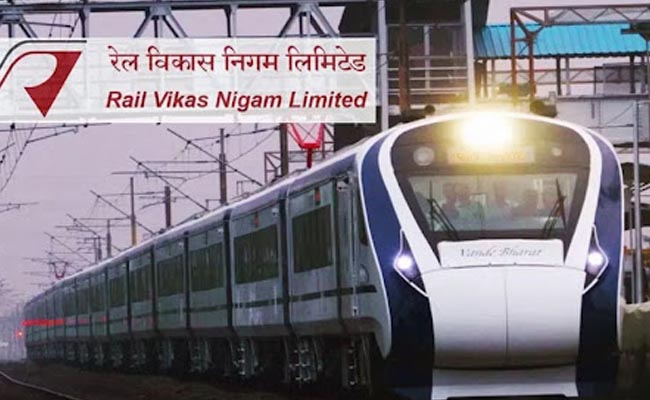
BSNL awards ₹5,000 Cr Project to RVNL-Led Consortium
A syndicate led by Rail Vikas Nigam Limited (abbreviated as RVNL), along wi...

Pinterest tracks users without consent, alleges complaint
A recent complaint alleges that Pinterest, the popular image-sharing platf...

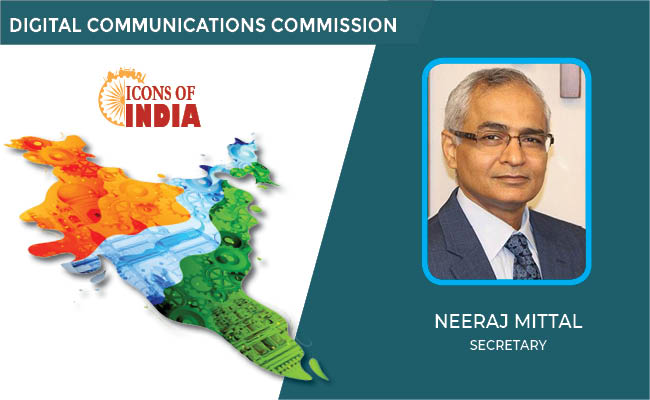
Icons Of India : NEERAJ MITTAL
He started his career as an IAS Officer in 1992. He has held various a...
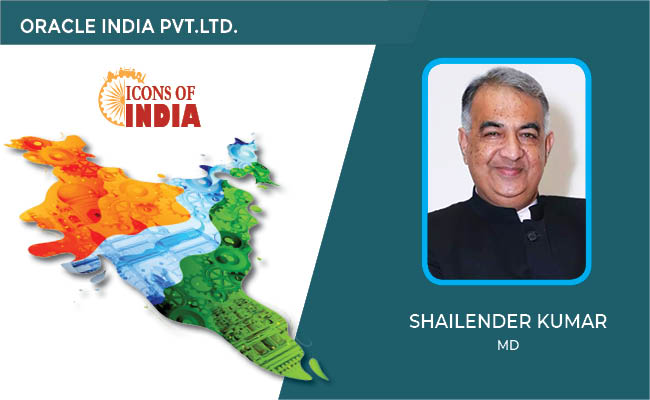
ICONS OF INDIA : SHAILENDER KUMAR
Shailender Kumar is senior vice president and regional managing direct...
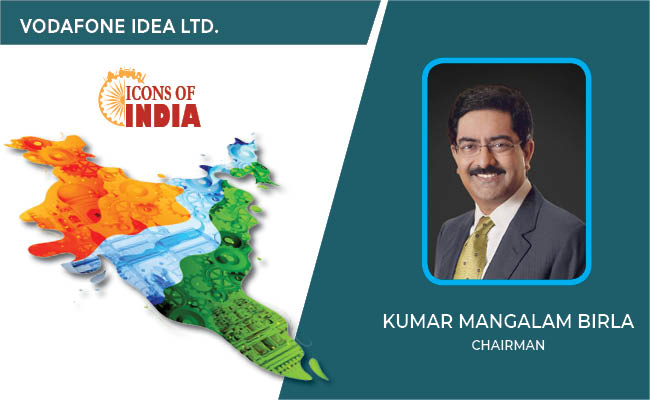
Icons Of India : Kumar Mangalam Birla
Aditya Birla Group chairman Kumar Mangalam Birla recently made a comeb...


HPCL - Hindustan Petroleum Corporation Ltd.
HPCL is an integrated oil and gas company involved in refining, market...

LIC - Life Insurance Corporation of India
LIC is the largest state-owned life insurance company in India...
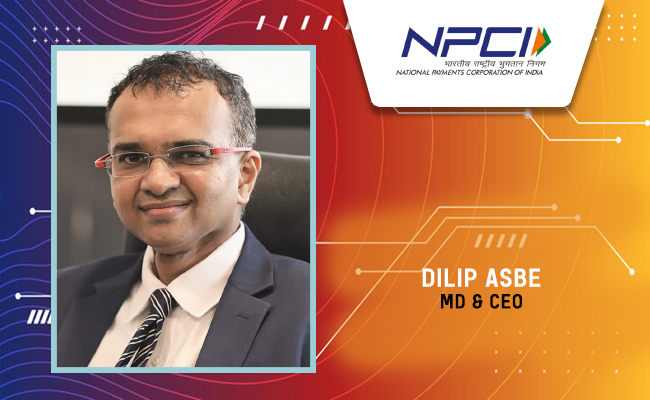
NPCI - National Payments Corporation of India
NPCI is an umbrella organization for operating retail payments and set...

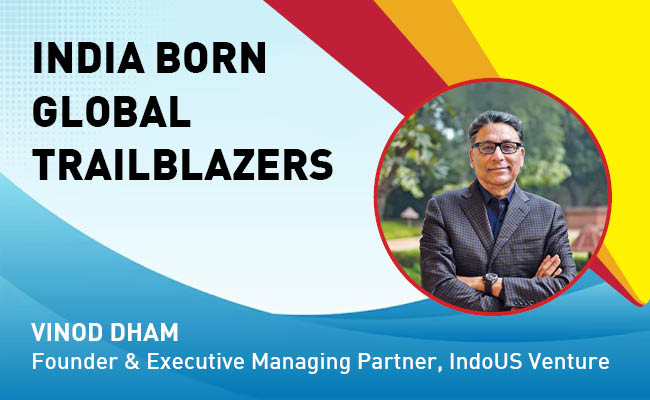
Indian Tech Talent Excelling The Tech World - Vinod Dham, Founder & Executive Managing Partner, IndoUS Venture Partners
Vinod Dham, known as the “Father of the Pentium Chip,” has left an...
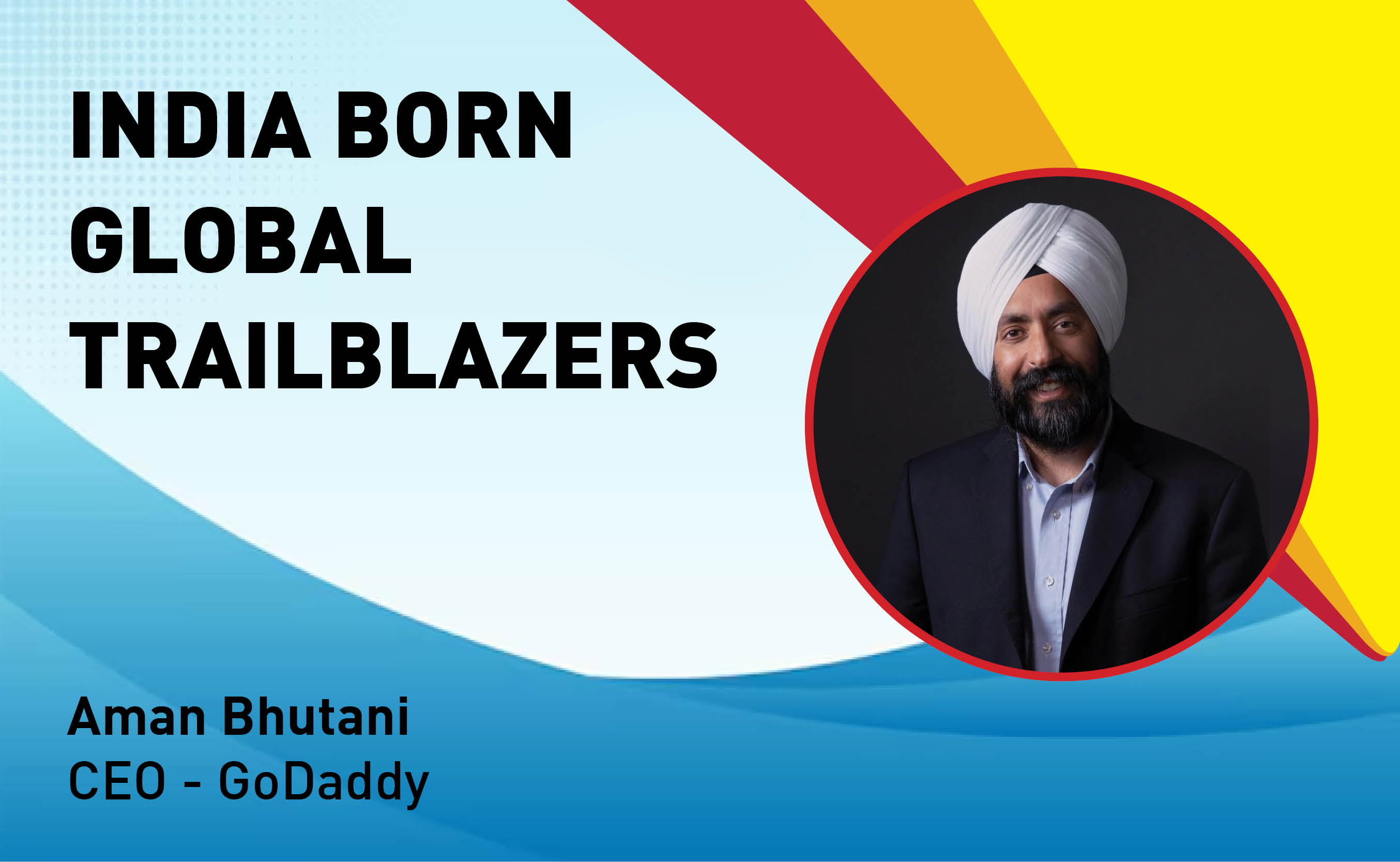
Indian Tech Talent Excelling The Tech World - Aman Bhutani, CEO, GoDaddy
Aman Bhutani, the self-taught techie and CEO of GoDaddy, oversees a co...
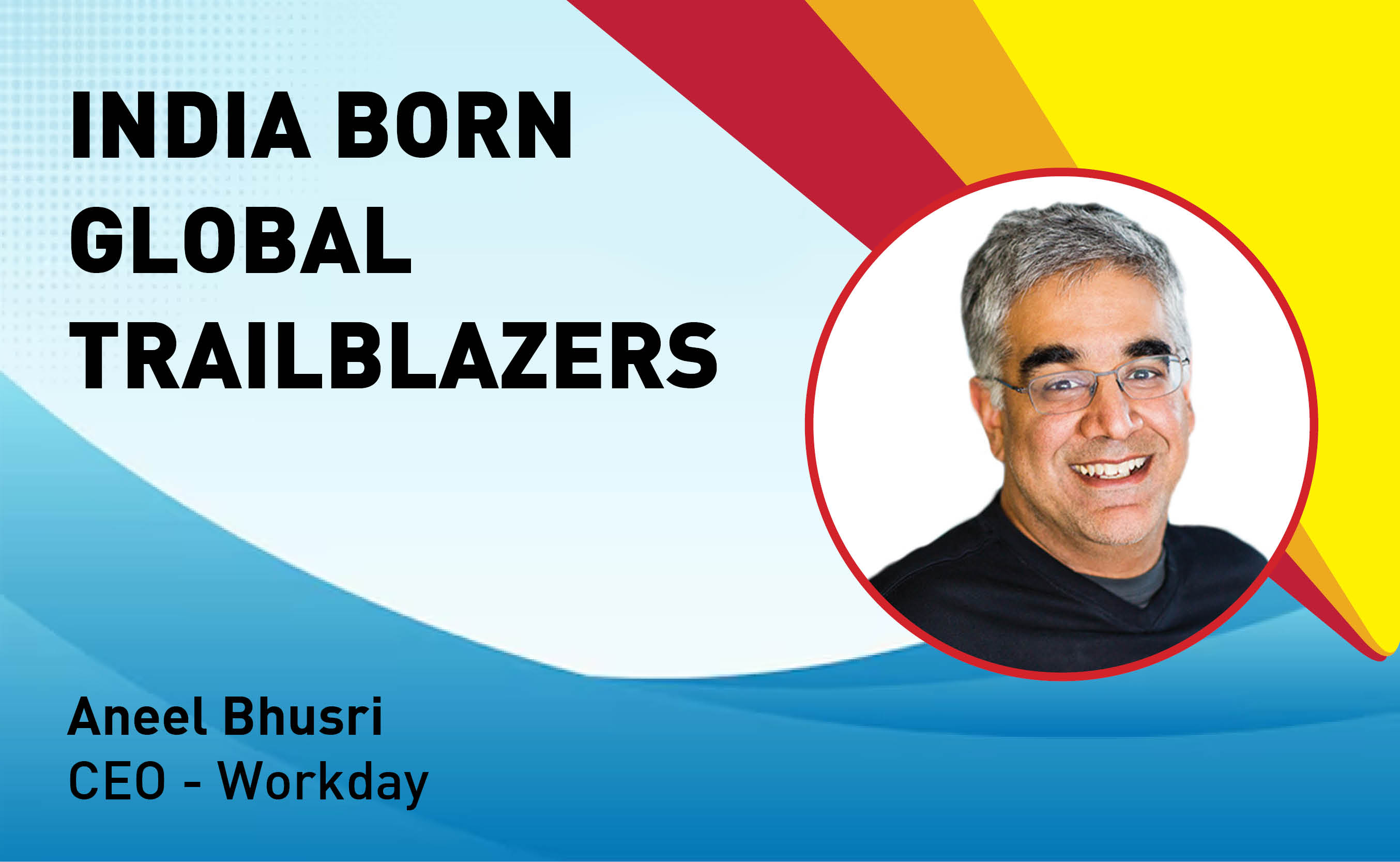
Indian Tech Talent Excelling The Tech World - Aneel Bhusri, CEO, Workday
Aneel Bhusri, Co-Founder and Executive Chair at Workday, has been a le...